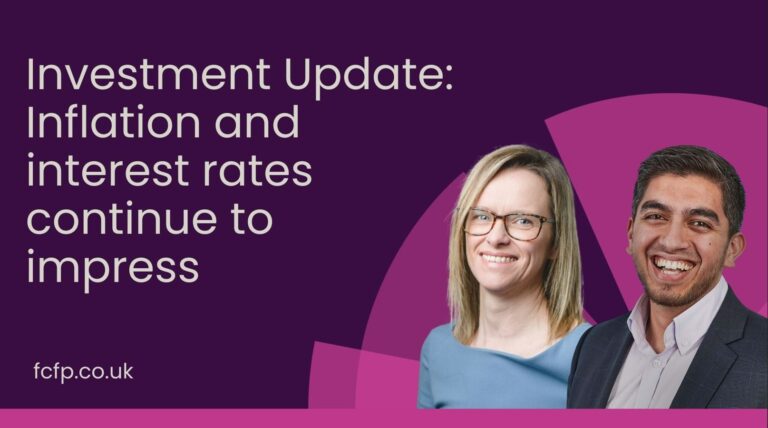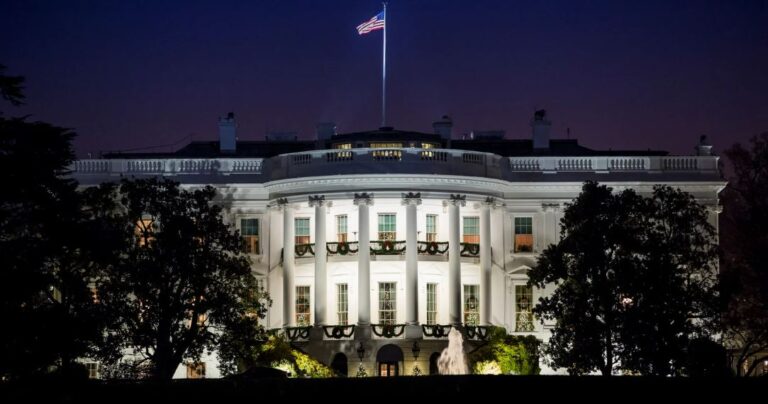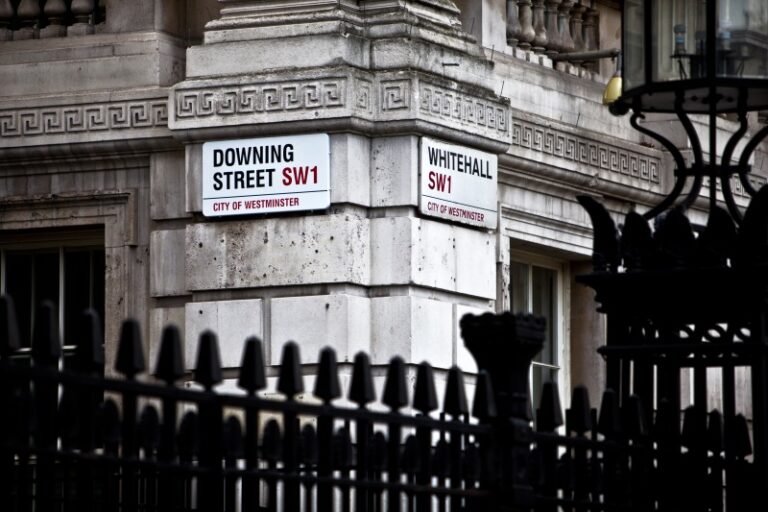
Spring Budget 2023: Lifetime Allowances, size matters – or does it?
Jeremy Hunt announced a proposal in today’s Budget to ensure the Lifetime Allowance Charge will not apply from 6 April 2023.
What is Lifetime Allowance (LTA)?
This is the amount that can be held in pension funds without a tax charge applying to taking pension benefits. This is currently £1,073,100.
What is Annual Allowance (AA)?
The Annual Allowance (AA) is the amount that a) can be contributed in a ‘defined contribution’ pension, such as a personal or most non-public sector employer pensions, or b) the allowable amount of growth in a pension pot, under a ‘defined benefit’ pension, such as the NHS (or other public sector) schemes without a tax charge applying.
This is currently £40,000 per annum, subject to tapering where income exceeds certain levels subject to a minimum allowance of £4,000. Unused AA can be carried forward for three tax years. The AA is increasing from 6 April 2023 and our separate blog covers this in more detail.
What does the removal of the LTA Charge mean?
Business owners and high earning individuals who may have maximised their pension contributions over the past 30 or 40 years or been very successful in terms of growth on their invested pensions, may have reached this limit and been unable to contribute further and had to turn to other solutions to fund retirement and benefit from tax savings either personally or for reducing corporation tax.
The corporation tax rate, and hence the rate of tax relief, is also increasing for all UK companies with profits of more than £50,000 from 1st April 2023 from 19% up to 25% for companies with profits of £250,000 or more.
It may now be time to revisit retirement planning and indeed inheritance tax planning for wealthy individuals.
Take June and Barry own a successful family business structured as a Limited Company.
They are 57 and 55 and had been lucky enough to save into pension schemes over the years. They stopped contributing as the pension funds are on track for exceeding the current Lifetime Allowance for each of them. They had decided to stop contributing to their pensions to minimise the Lifetime Allowance Charge that they will pay at age 75 if benefits are not taken before.
With this barrier to retirement savings removed, they can start making employer pension contributions to their pensions which are reflective of their remuneration package for their role in the business.
The Annual Allowance for pension contributions is also increasing to £60,000, therefore where appropriate and affordable to the business, they could each make contributions of £60,000* from the company towards their retirement savings.
These contributions should be an allowable deduction against profits when assessing corporation tax for the company.
If their company had profits of £370,000 in their financial year ending after April 2023 (and excluding any other deductions) they would be subject to corporation tax of £92,500.
If they make company pension contributions this would reduce their taxable profits to £250,000 and they would be subject to £62,500 in corporation tax, a £30,000 saving.
*This is an illustrative amount. If pension carry forward was used to claim the unused £40,000 Annual Allowance for the previous three tax years, then the maximum contributions could be £180,000 per individual. This may be more appropriate for personal contributions made by high earners.
Other advantages to the abolition of the Lifetime Allowance
Removing the Lifetime Allowance will have other benefits.
- Fixed and Individual Protections which were introduced after the Lifetime Allowance was reduced from £1.8M over a number of years until it reached the current £1.073M allowed individuals who would reach the higher Lifetime Allowance to retain this in return for stopping or limiting contributions. These will no longer be necessary from 6th April 2023
- Lump sum retirement figures due to ill-heath or serious ill-health will also no longer be limited by the Lifetime Allowance charge
- Inheritance tax planning using pensions will no longer be limited to the lifetime allowance. Therefore, it will be possible (subject to the annual allowance and tapered annual allowance rules) to exempt more funds from your estate
- In addition, beneficiaries can access the pension income tax free too if you die before the age of 75
- Whilst there does not appear to be any new anti-avoidance laws in place, it is important to consider the legislation to remove the Lifetime Allowance completely will not be amended in the 2023 Finance Bill
Some words of warning
Some pension members over 55 will have decided to crystallise their pensions to avoid breaching the Lifetime Allowance previously. Depending on what benefits you took, your ability to make further pension contributions may differ:
| Pension Benefits Taken | No Benefits taken or no benefits taken on part of the pension pot (partial drawdown) | Tax Free Cash (or PCLS) taken | Tax Free Cash and Taxable Pension Income taken from a defined contribution pension or UFPLS |
| AA Limit for future pension contributions | £60,000 | £60,000 | £10,000 |
| Minimum Tapered AA Limit for those earning more than £360,000 | £10,000 | £10,000 | N/A |
Read more analysis in our Spring Budget hub.










